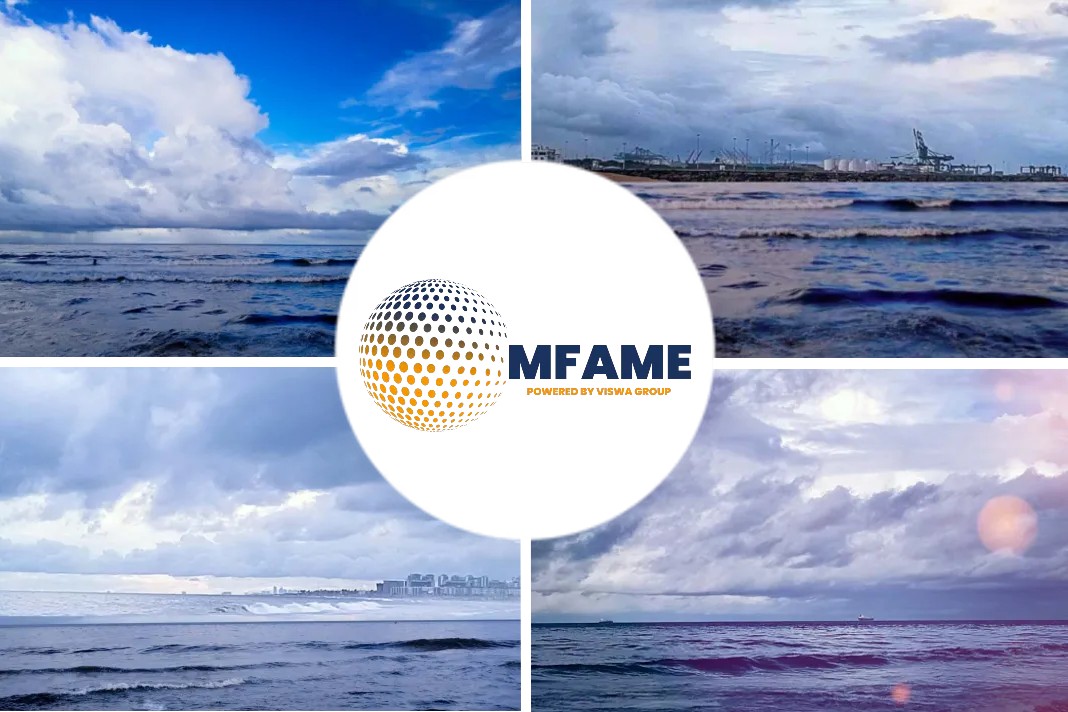
The Seafarers’ Wages Act 2023 was published in March 2023 as part of the UK Government’s nine-point plan to improve conditions for seafarers. This short briefing sets out the purpose and mechanism of the legislation, addresses key issues, and provides practical steps to ensure compliance, reports Watson Farley & Williams.
WHAT IS IT?
The Seafarers’ Wages Act 2023 aims to incentivise ship operators whose vessels call very regularly at UK ports to pay crew an equivalent of the UK National Minimum Wage (the “NMWe”).
Seafarers working on services which call at the same UK port at least 120 times per year may have to be paid the NMWe (currently £10.42/hour) for work carried out in UK waters.
WHY DO WE HAVE IT?
In March 2022, P&O Ferries restructured its crewing structure and made around 800 employees redundant.
In response, the UK Government published a nine-point plan with the aim of improving protection for seafarers. The Seafarers’ Wages Act is part of the implementation of this plan.
UK-resident seafarers working on vessels operating in UK waters will often fall within the scope of the UK’s National Minimum Wage legislation. The UK Government has argued that, in certain situations, this disincentivises ship operators from employing UK crew since operators can obtain cheaper labour elsewhere.
HOW DOES IT WORK?
The Seafarers’ Wages Act applies to services for the carriage of persons or goods by ships.
If a UK harbour authority has reasonable grounds to believe that such a service uses, or will use, a single UK harbour at least 120 times in a 12-month period, the harbour authority can ask the operator of the service to declare that any qualifying seafarers working on the service are paid the NMWe for their UK work.
Failure to operate the service consistently with the declaration will be an offence and the service operator may be fined or eventually prevented from calling at the relevant UK port if the declaration is not, or cannot, be provided.
CAN MULTIPLE SHIPS FORM A SINGLE ‘SERVICE’?
An internationally operating ship, other than a ferry, is perhaps unlikely to use a single UK port 120 times per year.
However, a company or group operating multiple ships on the same service may be caught by the Act if, in aggregate, its ships call at the port 120 times in a year.
The Act does not currently define what is meant by a service and this is one of a number of areas that will need to be clarified by future regulations.
WHAT HAPPENS IF AN OPERATOR IS ASKED TO MAKE A DECLARATION DESPITE NOT MEETING THE 120-VISIT THRESHOLD?
The trigger for a declaration request is a reasonable belief on the part of the harbour authority that the 120-visit threshold has been or will be met over a 12-month period.
This may be obvious where there is a timetabled service, but it is conceivable that an operator whose service has used a port 40 times in four months may receive a request, notwithstanding the fact that it may not use the port as frequently for the remainder of the year.
In these circumstances, it seems (in the absence of regulations or guidance to the contrary) that the operator receiving a declaration request must nonetheless declare that seafarers receive the NMWe in respect of their UK work – despite not actually meeting the threshold – or face being fined or excluded from the port.
IS THE ACT IN FORCE?
The operative provisions of the Seafarers’ Wages Act are contingent on regulations, which as of the date of this article have not yet been enacted.
WHAT STEPS SHOULD BE TAKEN TO ENSURE FUTURE COMPLIANCE?
It is important that ship operators calling regularly at UK ports are aware of these rules and monitor their development and potential application.
The Act bites only when a harbour authority has reasonable grounds to believe that a service has met or will meet the 120-visit threshold.
It may be that operators whose services do not meet this threshold, but nonetheless frequently use a given port, should consider providing information to the relevant harbour authority to prevent a mistaken but nevertheless reasonable belief that the 120-visit threshold may be reached.
Those operators whose services may well meet the threshold should review their wage structures to ensure that the NMWe is paid where required, to enable a timely declaration to be made following a request.
Did you subscribe to our daily Newsletter?
It’s Free! Click here to Subscribe
Source: Watson Farley & Williams


















